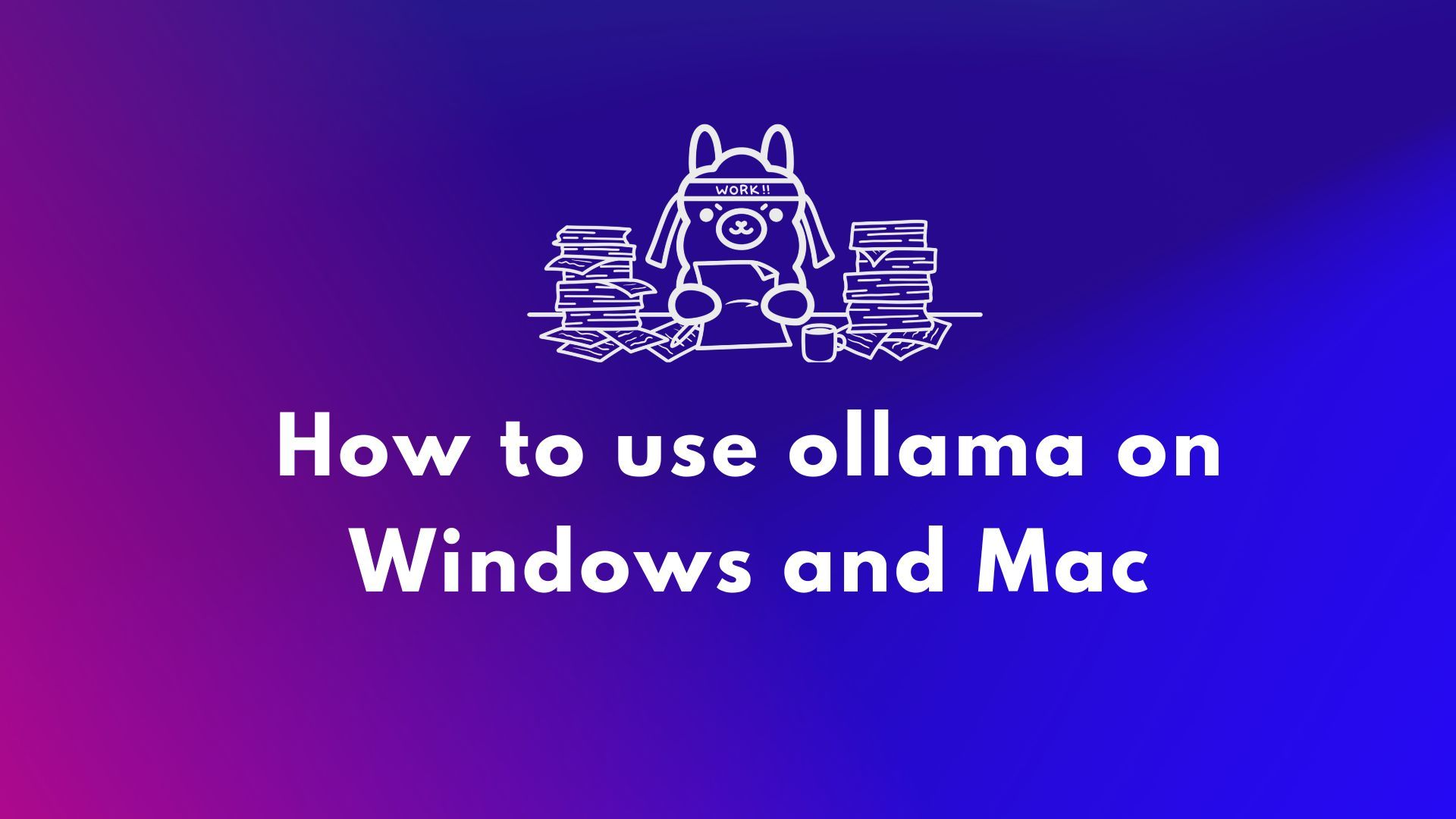Thank you for your interest in contributing to the Apidog blog!
What kind of content do we accept?
The Apidog Blog is a publication about API-related knowledge, API effective strategies, and viewpoints towards API. We want to help people deepen their understanding of API, and help developers work more efficiently with API.
With the Apidog blog, we want to connect Apidog - an all-in-one API development tool to all potential users of the API including back or front-end developers, test engineers, product managers, tech managers, etc.
So the guest posts that we can accept must be related to API (API tools, frameworks, libraries, even your own pointviews, etc.) and development.
Here are some examples
Viewpoints for a specific role: In your role, the experience you gained working with the API, any tips that can be more effective. Do not hesitate to share these tips with our readers.
Tips for working with APIs efficiently at work: For the API-related works, do you have any experience with a specific tool or workflow that helped you or your team more efficiently?
Your experience using Apidog: Share with our readers how you use Apidog to make your API-related work more efficient.
Whatever you're excited about APIs: We welcome any API or development-related topics, please share with us whatever you're excited about.
Basic rules of guest posting
To maintain the content quality of the Apidog blog, there are some requirements for guest posting.
- Posts can run anywhere from 750-2,500 words, depending on the topic, but they usually hover around 1,500 words.
- Posts must be API or development.
- Posts must be original content.
External link restrictions
In your post, you can talk about your company, and when appropriate, include links. There are some requirements for these links.
- External links pointing to competitors of Apidog are not allowed.
- External links that the anchor text does not match the content of the pointing page are not allowed.
- External links to low-quality websites (as judged by our administrators, usually referring to websites with a DR less than 20) are not allowed.
How to submit a guest post on the Apidog Blog
If you want to contribute to the Apidog blog, please follow the following steps to submit the post to us.
Step 1. Contact our support team at [support@apidog.com] to tell us your name, email address, and the topic you're about to write.
Note: please mention 【Guest Posting】in your mail subject.
Step 2. If your topic gets approved, you will receive a link from our blog CMS (Content Management System).
Step 3. From the link, you can register as an Apidog blog contributor, you can upload your post here.
- After you register as a contributor, please complete your profile in our CMS with a REAL profile picture.
- Make sure to compress every picture of your post using TinyPNG (https://tinypng.com) before uploading them into CMS.
Step 4. If you complete the post, please save it on our CMS, and then our operation team when review and modify it before publishing.
Note: We receive a large number of guest posts every day. If your article does not meet our requirements, we do not guarantee that we will be able to publish your article. Article review usually takes a week after you finish writing the article.
Thanks for your contributing to the Apidog blog, we are looking forward to hearing from you.



